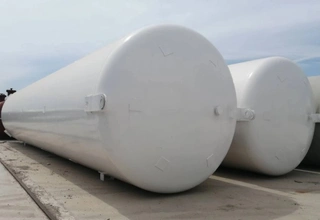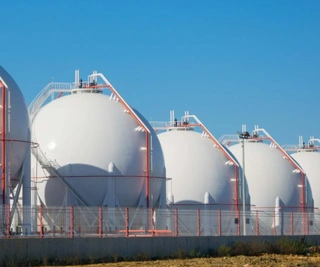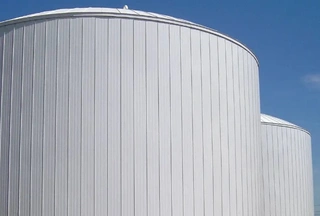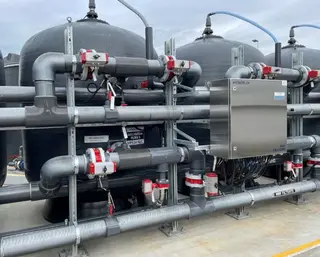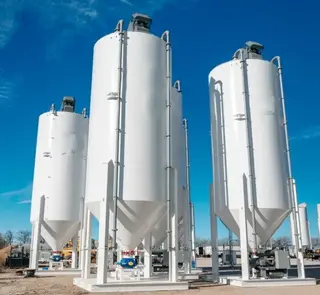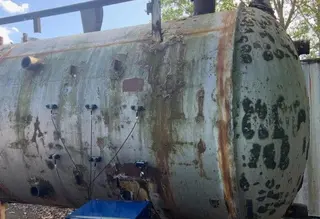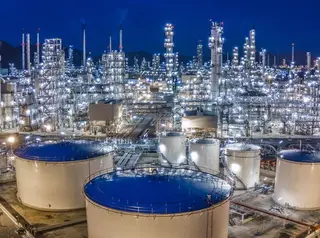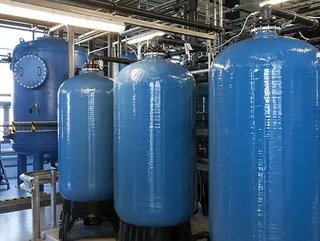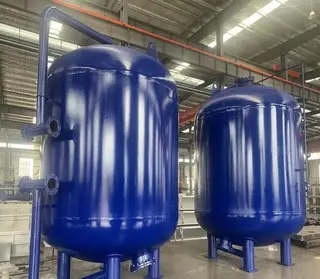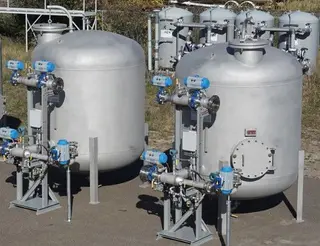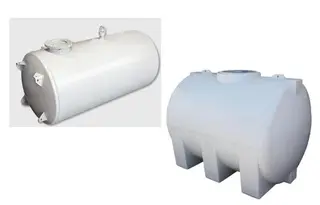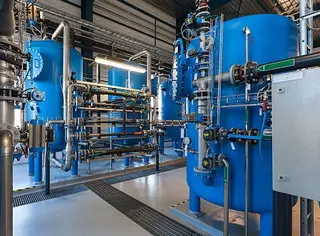Material Selection & Maintenance of Carbon Steel Storage Tanks
In production sites of chemical, petroleum, food, pharmaceutical, and other industries, carbon steel storage tanks are among the most common storage equipment. This metallic material, composed primarily of carbon and iron (with carbon content typically between 0.12% and 2.0%), has become the most cost-effective solution in the industrial storage tank field due to its mature manufacturing process, stable material supply, and relatively low cost. The core advantages of carbon steel storage tanks are...

